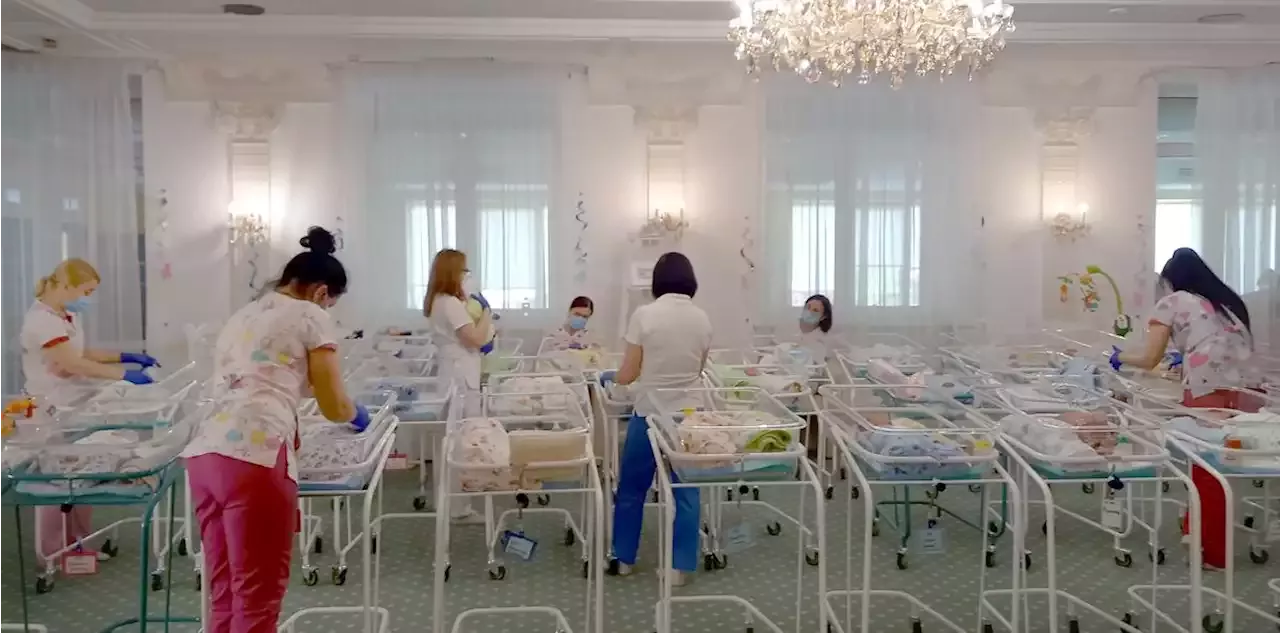— fully stocked with food, first aid kits, cribs, gas masks and more — to protect pregnant surrogates, newborn babies, and their caretakers.
She tries to reassure the worried couples reaching out to her, telling them “they’re safe” and to try to “stay as calm as possible,” but admits, “I know it’s easy to say, but impossible to do. These children are the most precious things in the world to them.” Kersch-Kibler shares that her team will evacuate surrogates “if there’s any activity that comes west,” but admits that “it’s going to be challenging for those close to birth.” She adds: “We want to keep them in Ukraine as much as possible because of the legalities” there. That’s because, according to the, “if these women give birth in neighboring countries with different laws about paid surrogacy, the biological parents’ rights could be jeopardized.
He explains that Growing Families has offered shared shipments of frozen embryos since the COVID pandemic started, working with intended parents from around the world. “The rules about where they can be shipped to are complex,” Everingham explains. “Unless the embryos were originally made in the U.S., they can't go there, as they won't comply with FDA guidelines.
